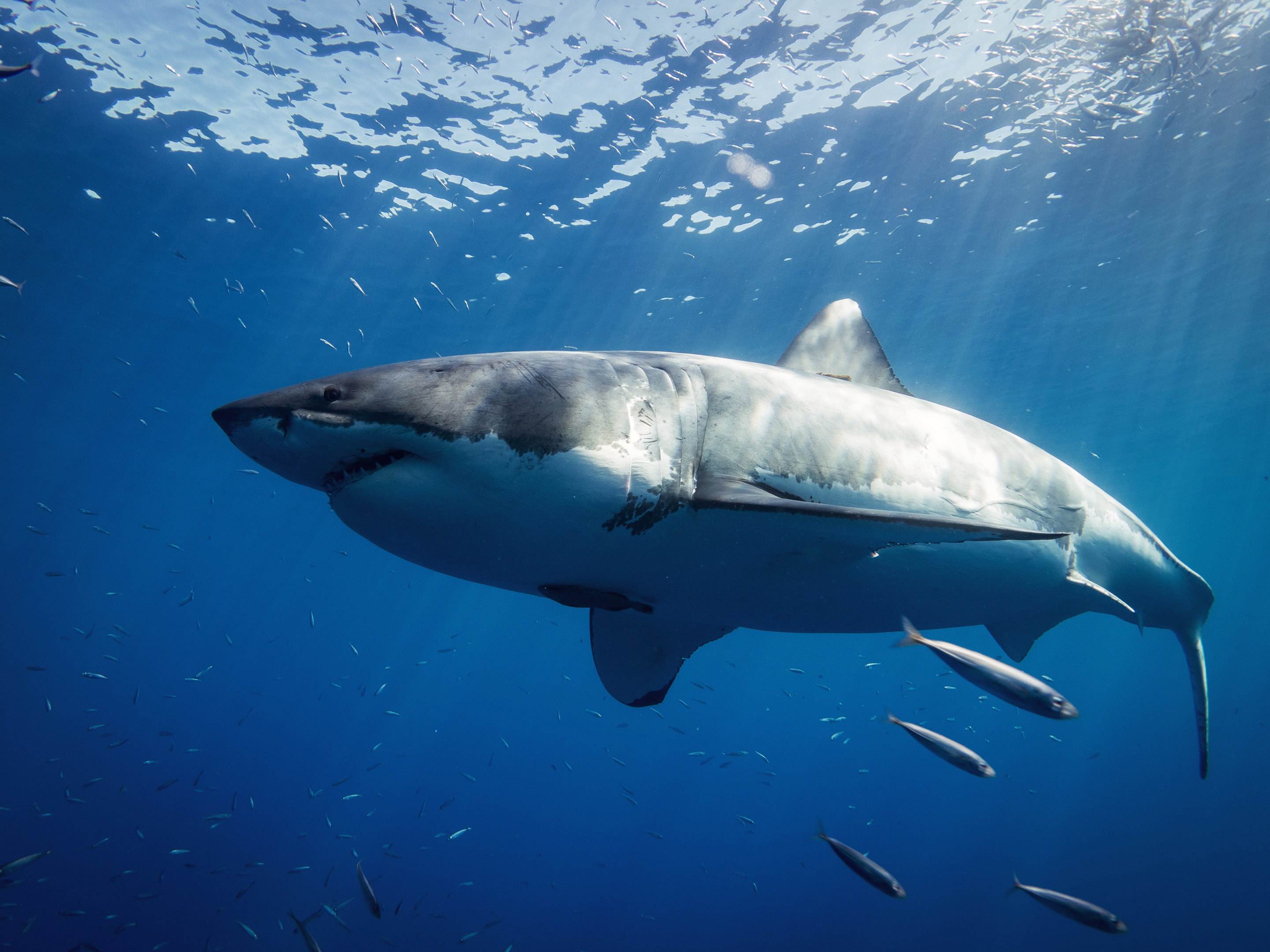
One of the most aggressive effects we’ve seen from climate change involves our warming oceans. Stronger hurricanes and dying coral reefs are but two of the issues that have cropped up in the past decade or so, but that’s not the only issue we’re going to have going forward. As the waters warm, the rest of the marine life is affected, and while a lot of studies have looked at the impact of climate change on individual species, a new paper in the journal Proceedings of the Royal Society B presented a possible outcome for the much larger oceanic food-web.
Of course, the news isn’t good, overall. Yes, larger species will shift their habitats to follow the right temperature of water, but those shifts may not result in the same abundance of a species. And shifting a species to another area is going to result in changes for any species already present. As study co-author Malin Pinsky explains: What that suggests from a fisheries perspective is that while the species we fish today will be there tomorrow, they will not be there in the same abundance. In such a context, overfishing becomes easier because the population growth rates are low. Warming coupled with food-web dynamics will be like putting marine biodiversity in a blender.
The team behind this study used computer modeling to analyze possible “trophic interactions”, where one species ends up finding food at the expense of another species. Lead author E. W. Tekwa notes: The model suggests that over the next 200 years of warming, species are going to continually reshuffle and be in the process of shifting their ranges. Even after 200 years, marines species will still be lagging behind temperature shifts, and this is particularly true for those at the top of the food web.
Fisheries will be moving their operations toward the poles of our planet as species search for cooler waters, and all of that shifting is going to result in a huge mess for the oceanic ecosystem as food sources also shift and even become more scarce over time.
Just another day on our warming Earth.
More Information
Rutgers press release
“Body size and food–web interactions mediate species range shifts under warming,” E. W. Tekwa, James R. Watson and Malin L. Pinsky, 2022 April 13, Proceedings of the Royal Society B




 Join the Crew!
Join the Crew!
 Escape Velocity Space News
Escape Velocity Space News
0 Comments